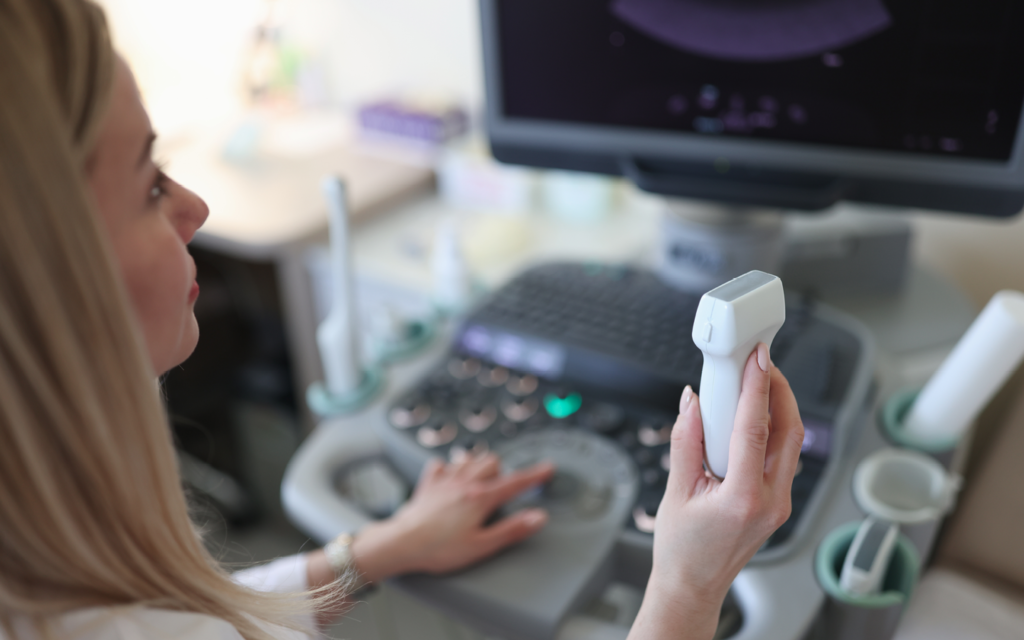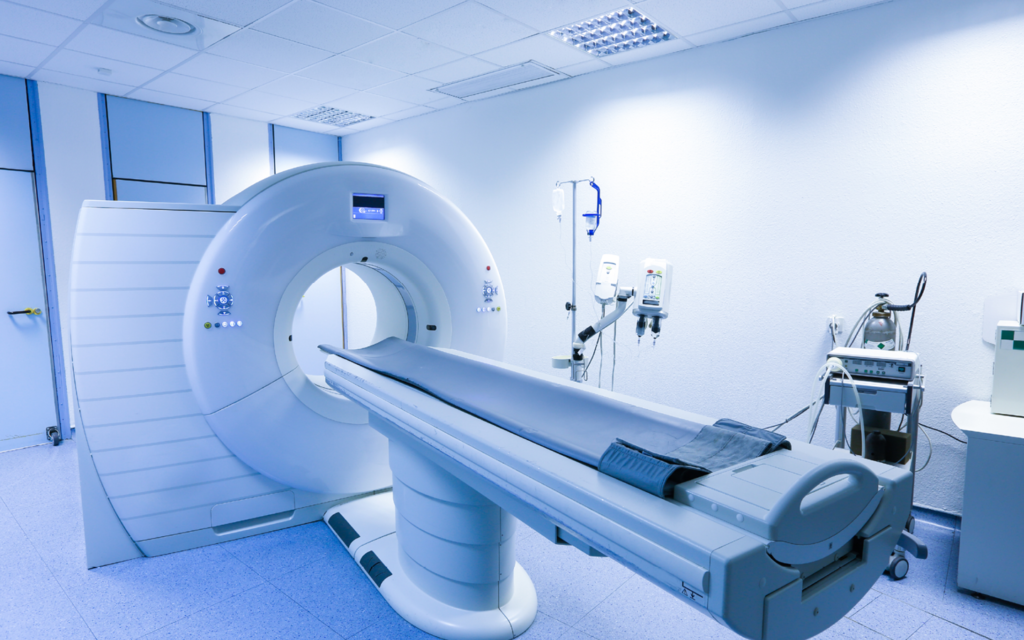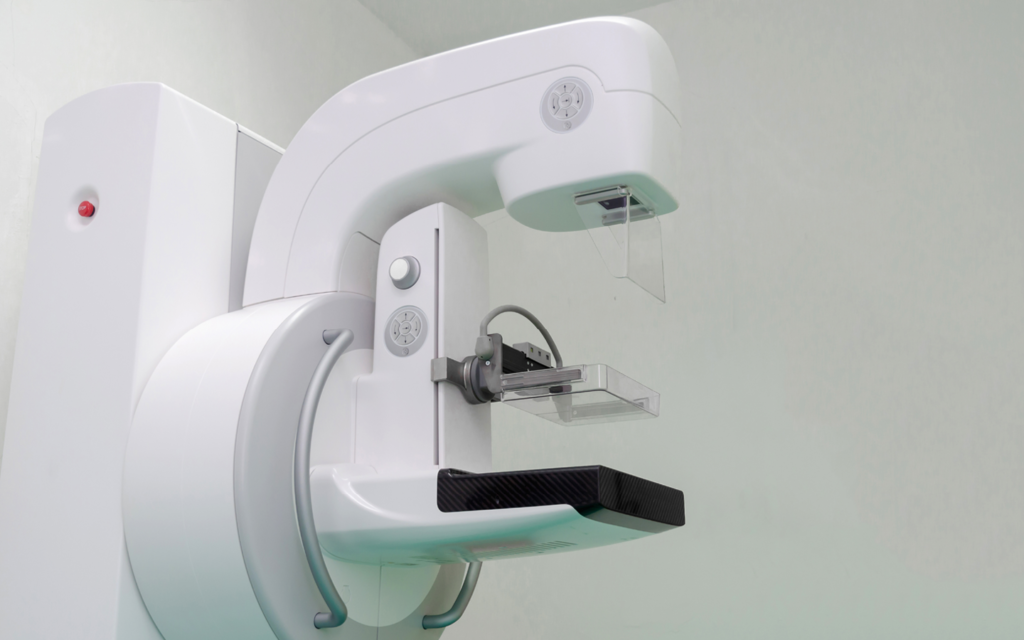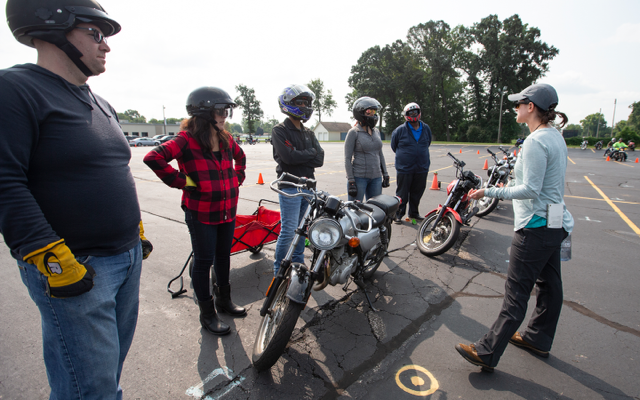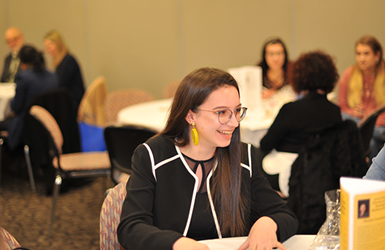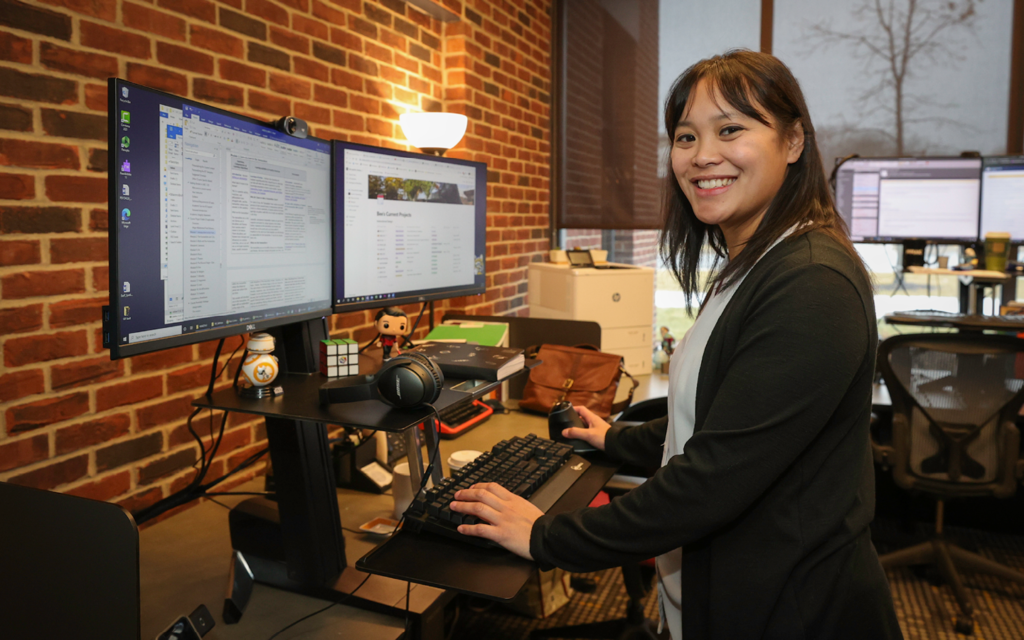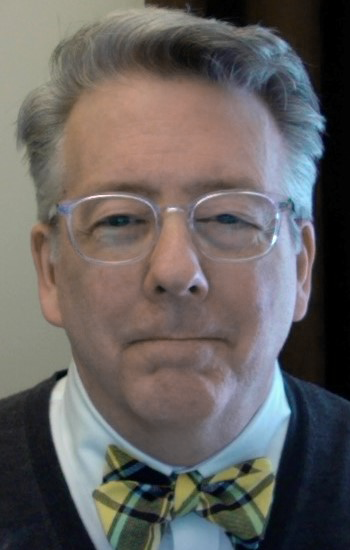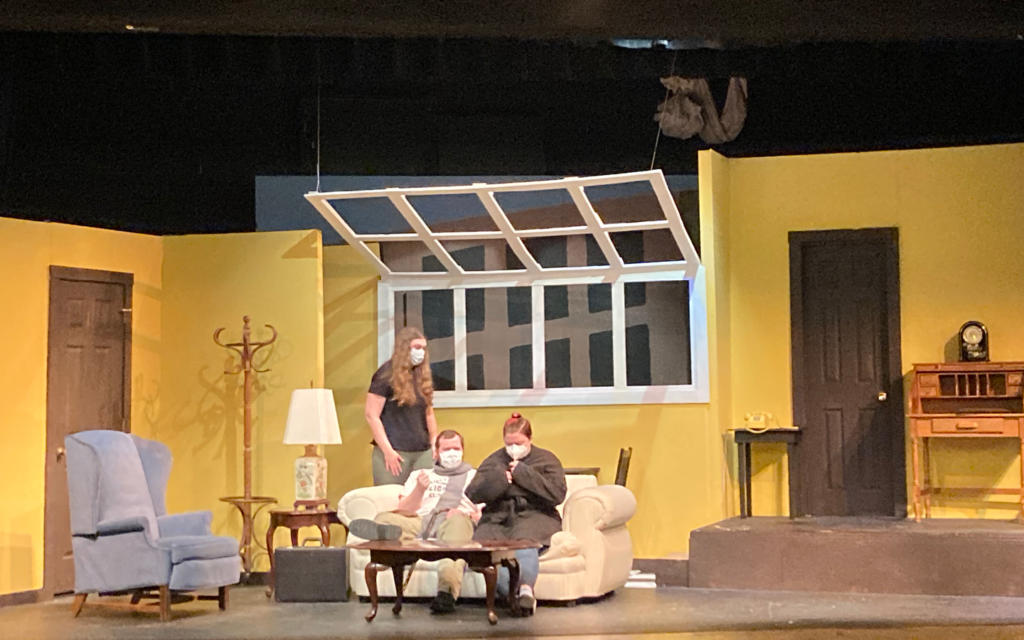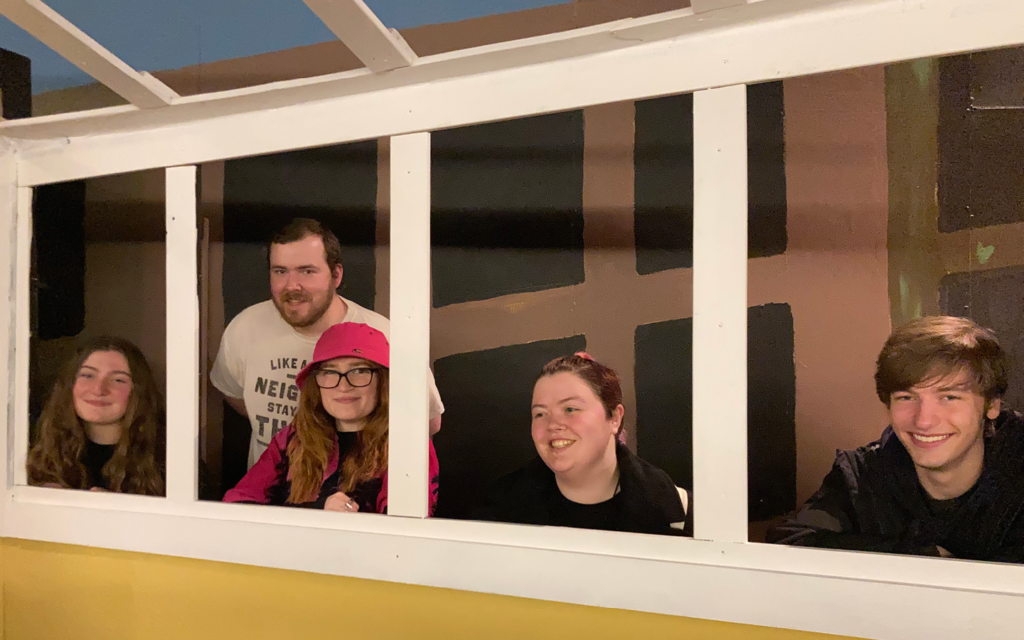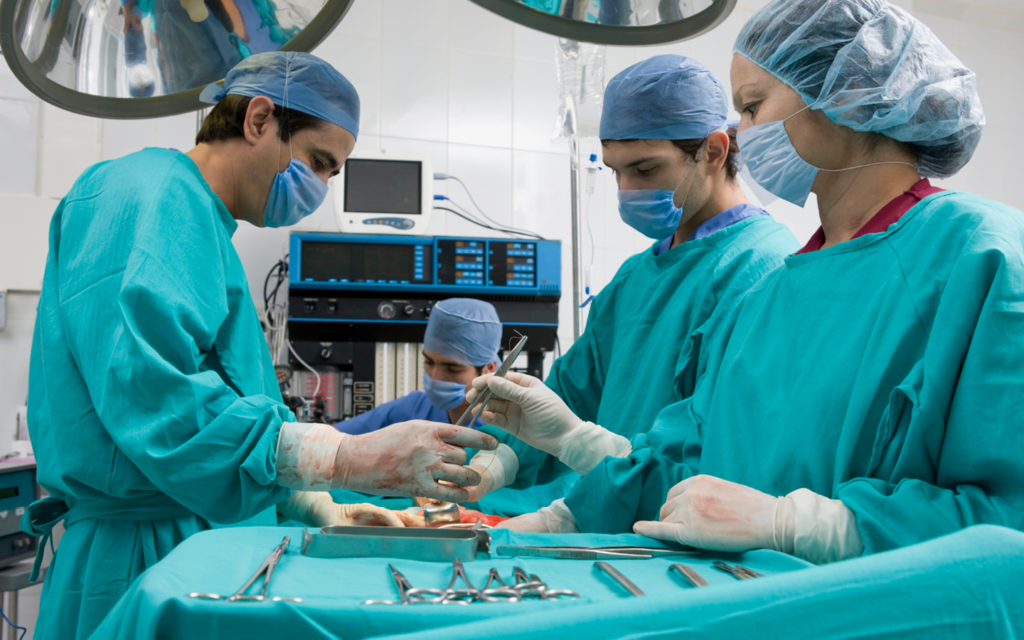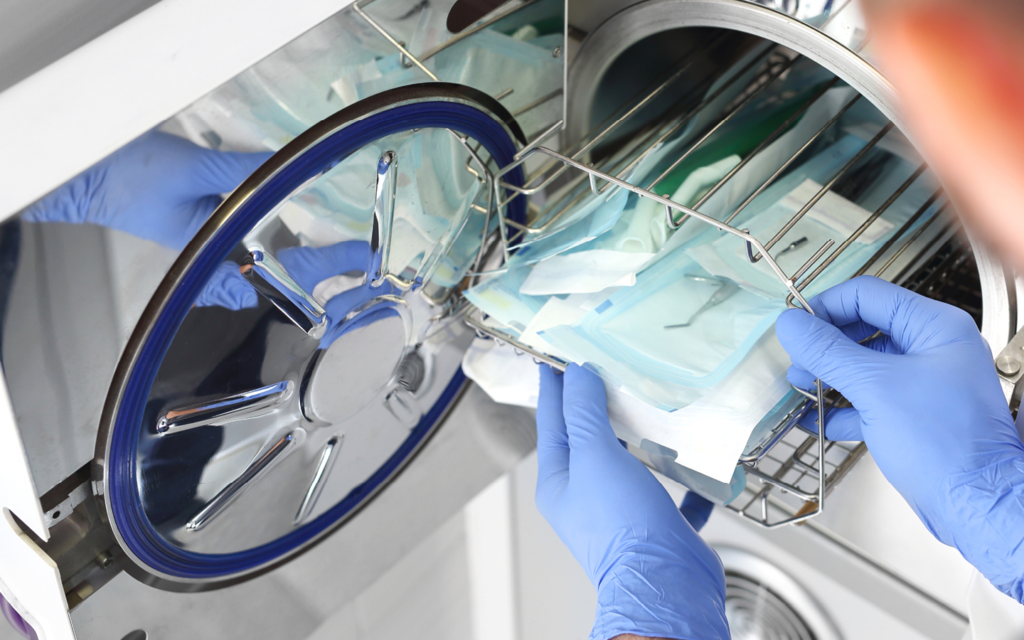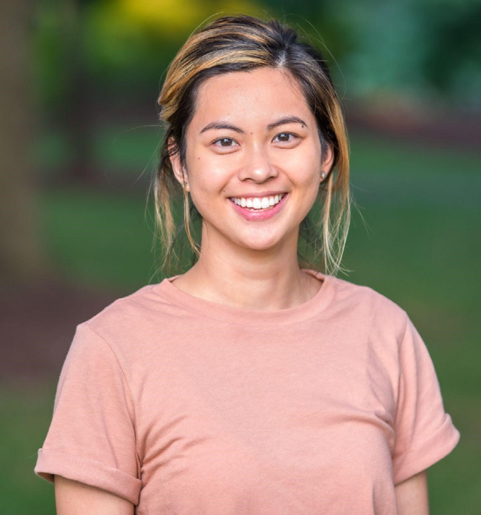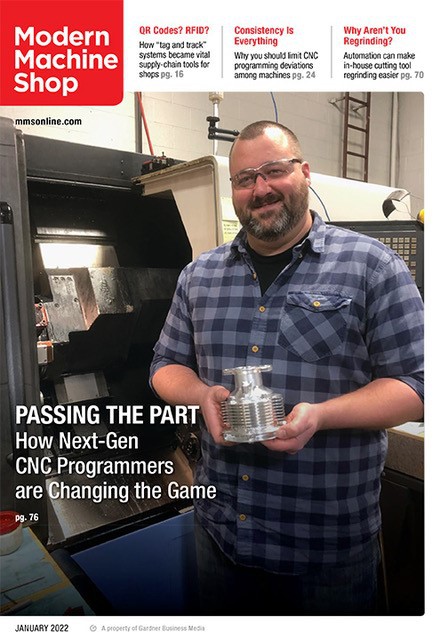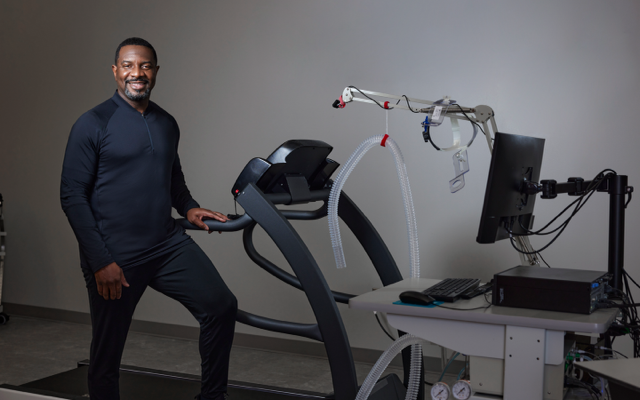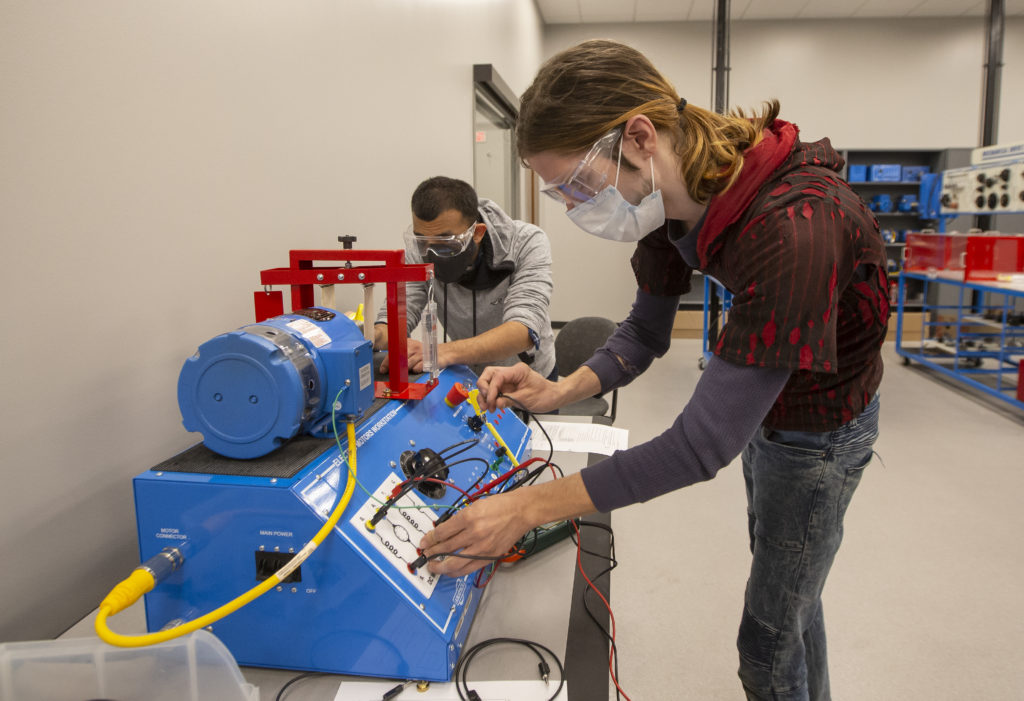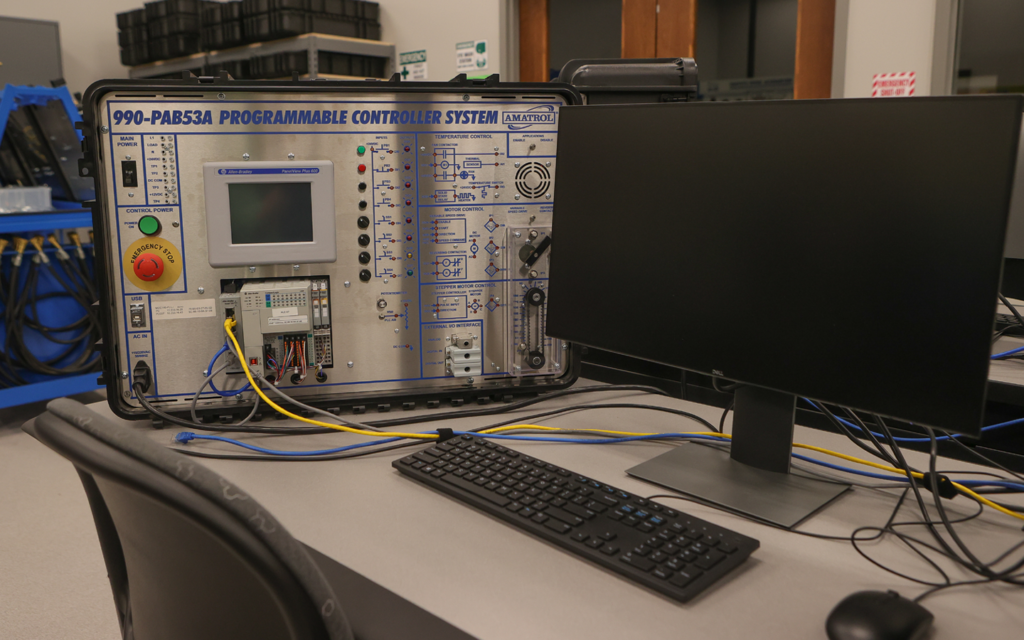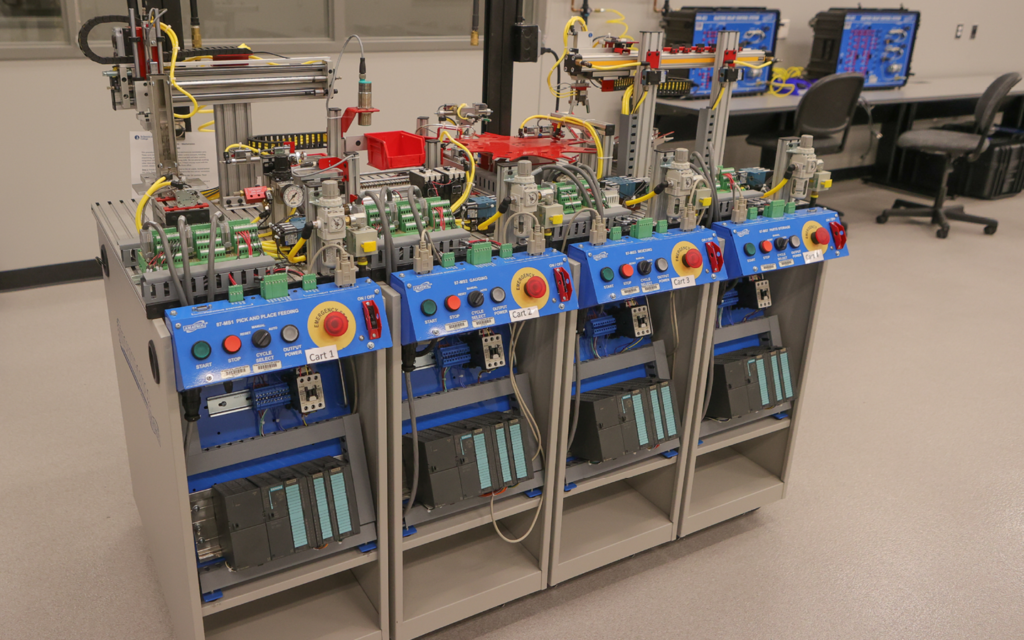Learn the differences as you plan your educational journey
Learning, of course, is the goal of any college experience. Part of that education means familiarizing yourself with some unfamiliar terms. Don’t worry, we’ve got you covered.
Through our monthly “Say What?” series, we’ll explain phrases, lingo or topics to add to your college vocabulary. If there’s something you’d like to see covered, please send suggestions to [email protected].
Today, we take a look at the difference between two items that are part of overall college expenses: tuition and fees.
What is tuition?
Tuition is, simply, the cost of instruction. At its most basic, tuition covers the cost of the professor or instructor teaching the course and the cost of offering the class in the first place. At Schoolcraft College, tuition rates are based on residency, which is whether you live in the College’s district or out of the district.
Schoolcraft College’s district includes cities and townships within the following public school districts: Clarenceville, Garden City, Livonia, Northville and Plymouth-Canton. The district also includes a small sliver of Novi. Residents in these districts pay a millage, or tax, to help maintain Schoolcraft College. Because they’ve already paid into the College, they receive a lower tuition rate.

The tuition rates for 2022-23 are as follows:
- Resident: $131 per credit hour
- Non-resident: $188 per credit hour
- Out of state: $265 per credit hour
- International: $265 per credit hour
What are fees?
Fees are separate from tuition. They are used to pay some of the other expenses related to higher education, including buildings and facilities. Here is the fee schedule:
- Application fee: $0
- Transcript fee: Varies according to delivery method
- Parking fee: $0
- Registration fee: $43 per semester
- Instructional equipment fee: $10 per credit hour
- Service fee: $8 per credit hour
- Infrastructure fee: $8 per credit hour
- Learning management fee: $12 per class
- Lab fee: Varies according to individual class
- Excess contact hour fee: Varies according to individual class
Explanation of fees
Registration Fee
This fee is a refundable fee charged one time per semester regardless of how many credit hours a student registers for during the semester. This fee is $43 per semester.
Instructional Equipment Fee
This fee is used to defray the increasing cost of maintaining, upgrading, and replacing the wide variety of electronic equipment and personal computers used in our classrooms. Software purchases, maintenance agreements, and upgrades are also covered by this fee. Every student is charged $10 per credit hour for this fee.
Service Fee
This fee defrays the cost of several free services that Schoolcraft provides to students, such as career services, student activities, graduation, parking and admittance to the SC Fitness Center each semester the student is registered. This fee is $8 per credit.
Infrastructure Fee
This fee is used to defray the increasing costs associated with maintaining and enhancing the College’s buildings, facilities, and campus grounds. Deferred maintenance and depreciation of campus infrastructure is also covered by this fee. Every student is charged $8 per credit hour for this fee.
Lab Fees/Learning Management Fees
This fee is used to cover the cost of special materials, equipment, student assistants, specialized support and other services. Our learning management system fee (currently Blackboard) is $12 per class, with an additional fee of $10 for classes held in computer labs, allowing the use of additional technology that is otherwise not available in a standard classroom.
Excess Contact Hours Fees
The College charges $131 per excess contact hour per class with a maximum of 4 excess contact hours per class.
An excess contact hour occurs when the weekly class meeting hours exceed the class credit hours. For example, if Biology meets 4 hours per week, but Biology is a 3 credit hour class, the student is charged a $131 excess contact hour fee. If a Nursing class meets 10 hours per week, but the Nursing class is a 4 credit hour class, the student will be charged a $524 excess contact hour fee.
Paying for higher education can be a challenge. Fortunately, Schoolcraft College offers a variety of scholarships. Learn more here.

